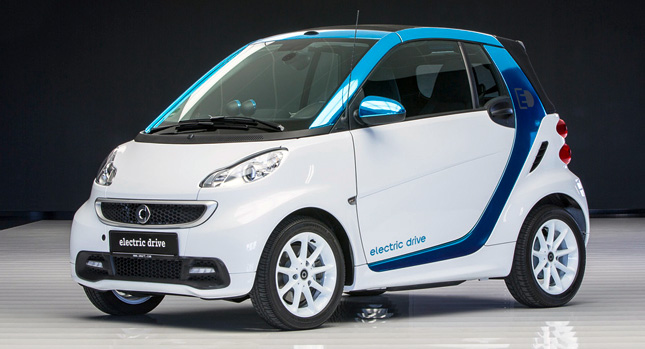Germany’s chancellor Angela Merkel said in 2010 that she wanted to see 1 million electric cars on German roads by 2020. However, the market did not seem to take her words seriously. On January 1 2013, only 7,114 of Germany’s 43.4 million passenger vehicles were EVs. Even if hybrids are added to electric car sales, the number is still unconvincing – just 72,109.
“Our plans and projects are ambitious, but we have a good chance of fulfilling them,” Merkel said on Monday at a government conference on electric vehicles.
According to a Business Week report, auto analysts say the chancellor’s goal is too ambitious. Since electric cars can cost €10,000 ($12,900) more than similar gasoline-powered versions, it’s understandable that Germans haven’t embraced them. The added disadvantages of long charging times and range anxiety haven’t helped either.
“Consumers will only buy electric cars if they are reasonably priced and there is enough charging infrastructure. They don’t yet feel confident enough to switch,” said Siim Kallas, Europe’s transport commissioner, at the Berlin conference.
EV sales in Germany have also been slowed by a lack of government incentives, which are available in other EU countries such as France and the UK.
According to consultancy group Roland Berger, global production for electrics and plug-in hybrids will reach 1.1 million cars through 2015, with Germany to account for 205,000 of those, making it the No. 3 producer, behind Japan and the U.S. with 283,000 and 267,000 cars respectively.
The Business Week report said that German carmakers are increasing EV development, with Daimler, BMW and VW planning to introduce 16 new electric or hybrid models by the end of next year, as opposed to only one today – Daimler’s Smart ForTwo electric.
By Dan Mihalascu
PHOTO GALLERY












